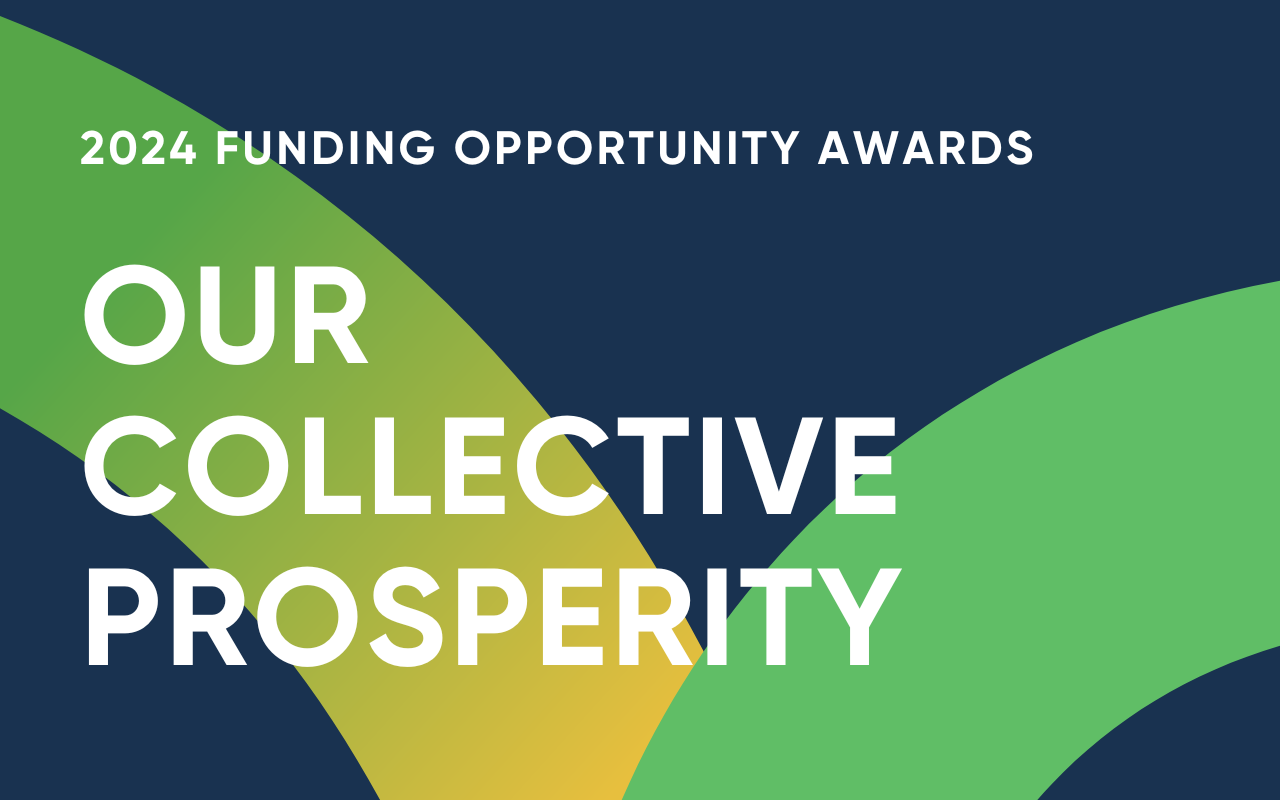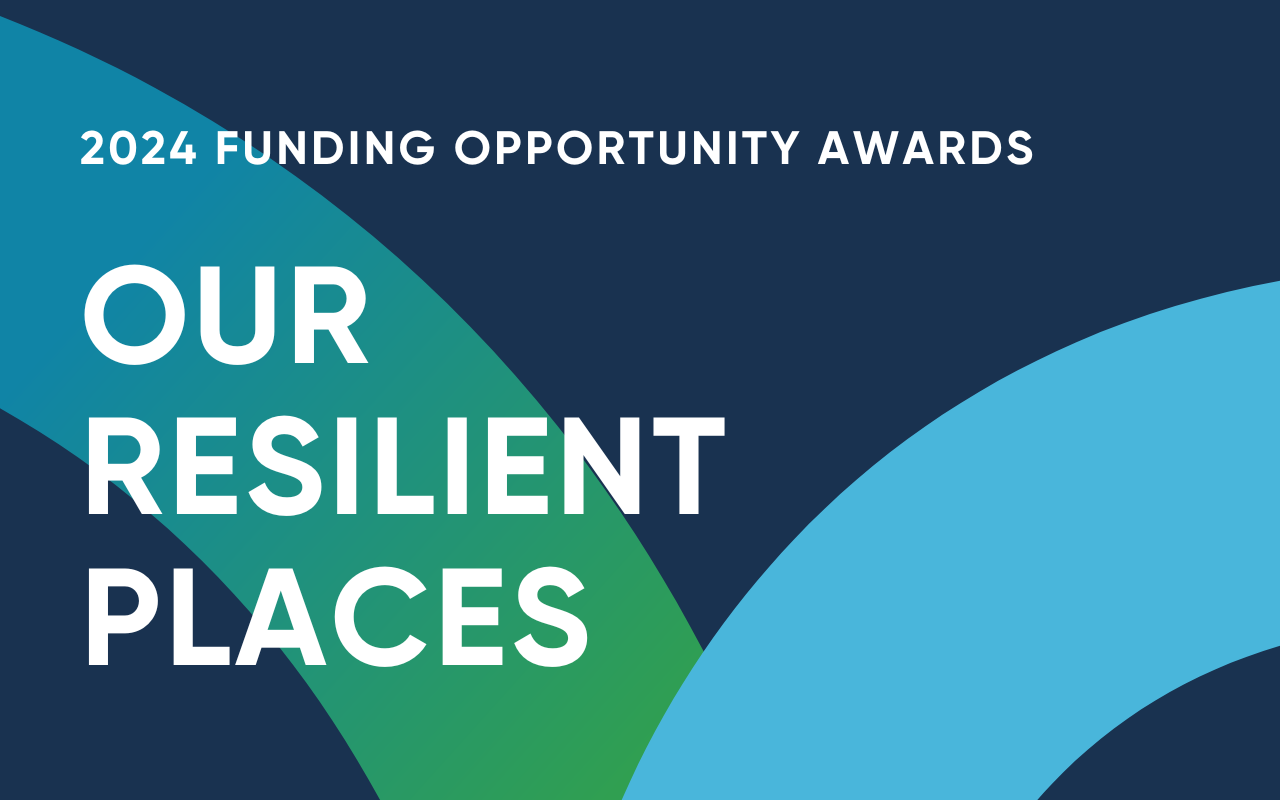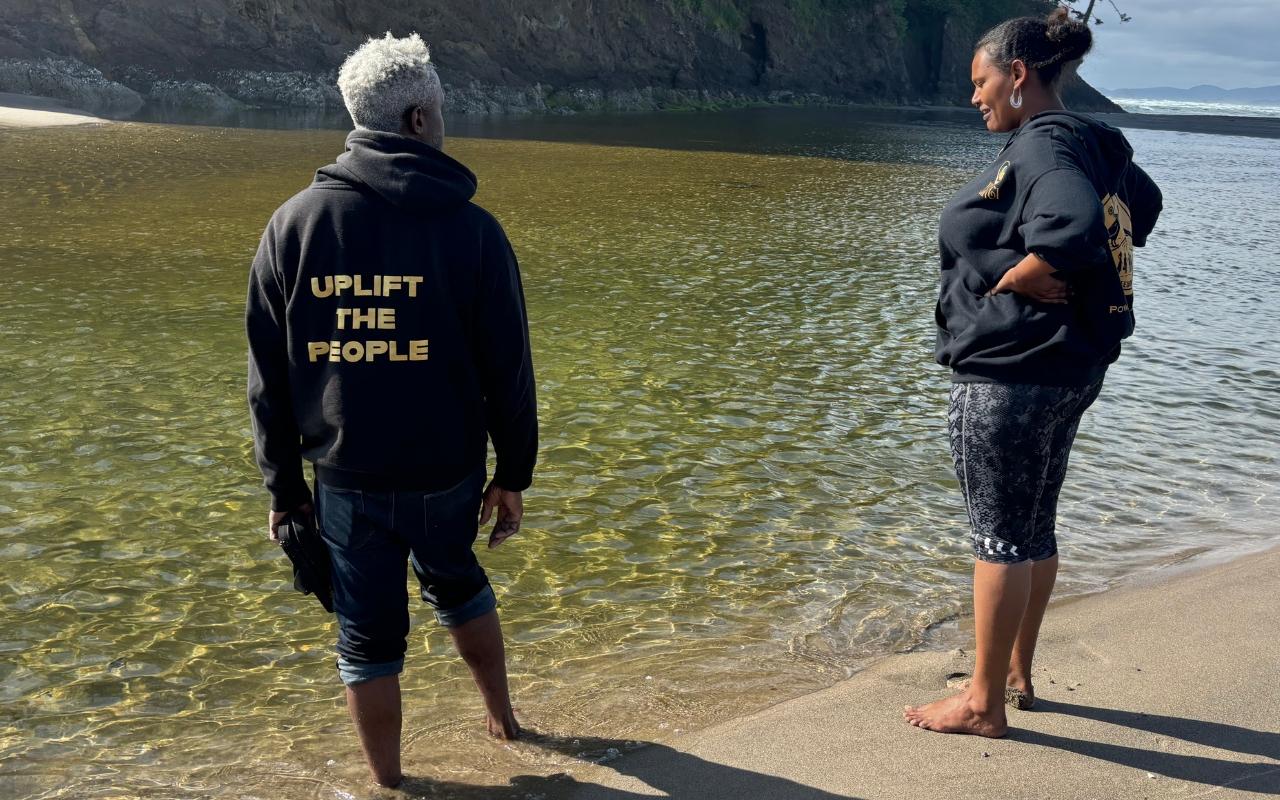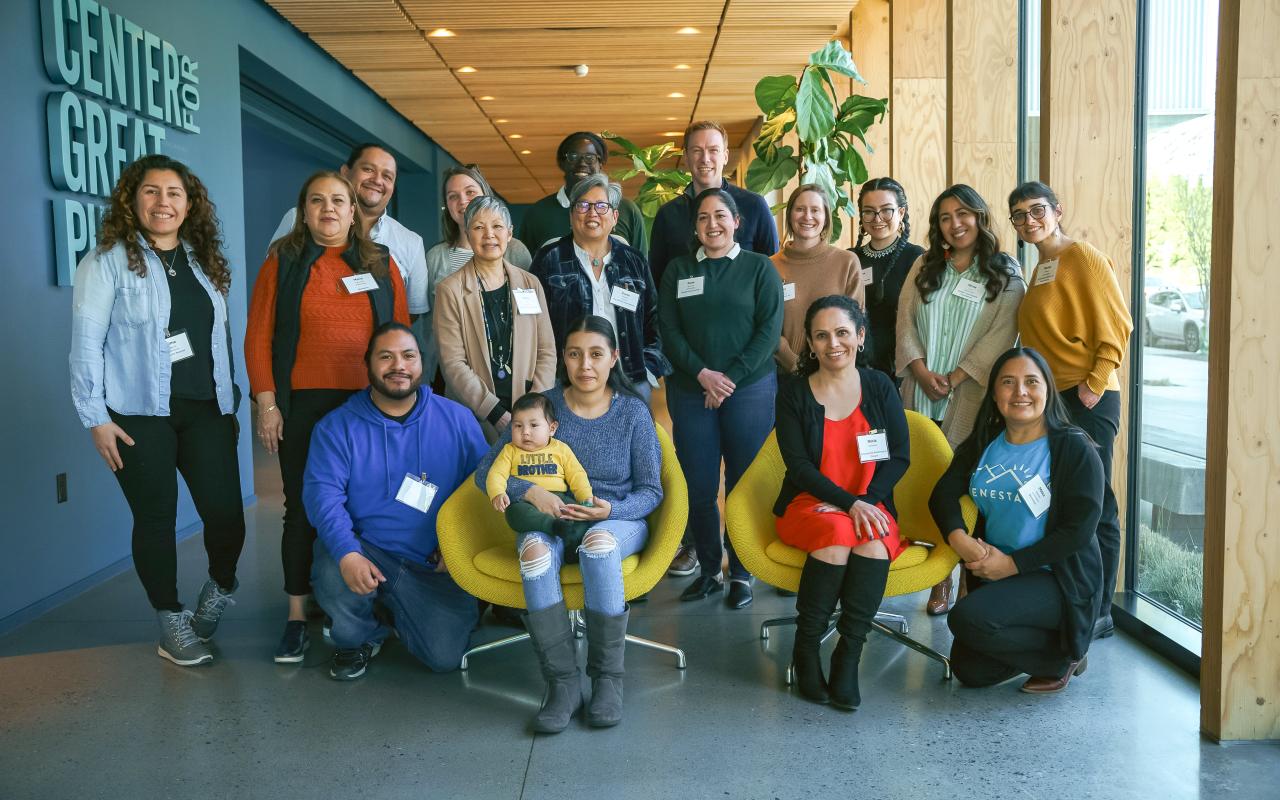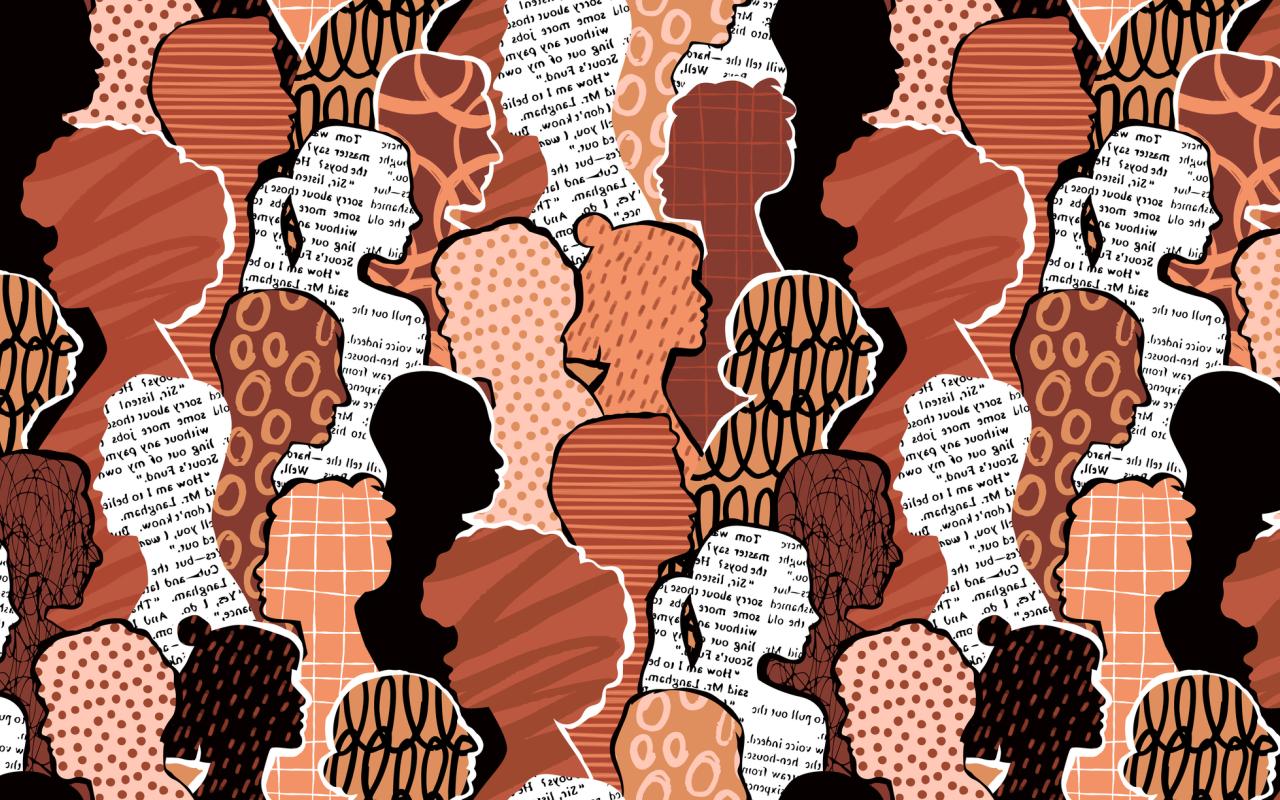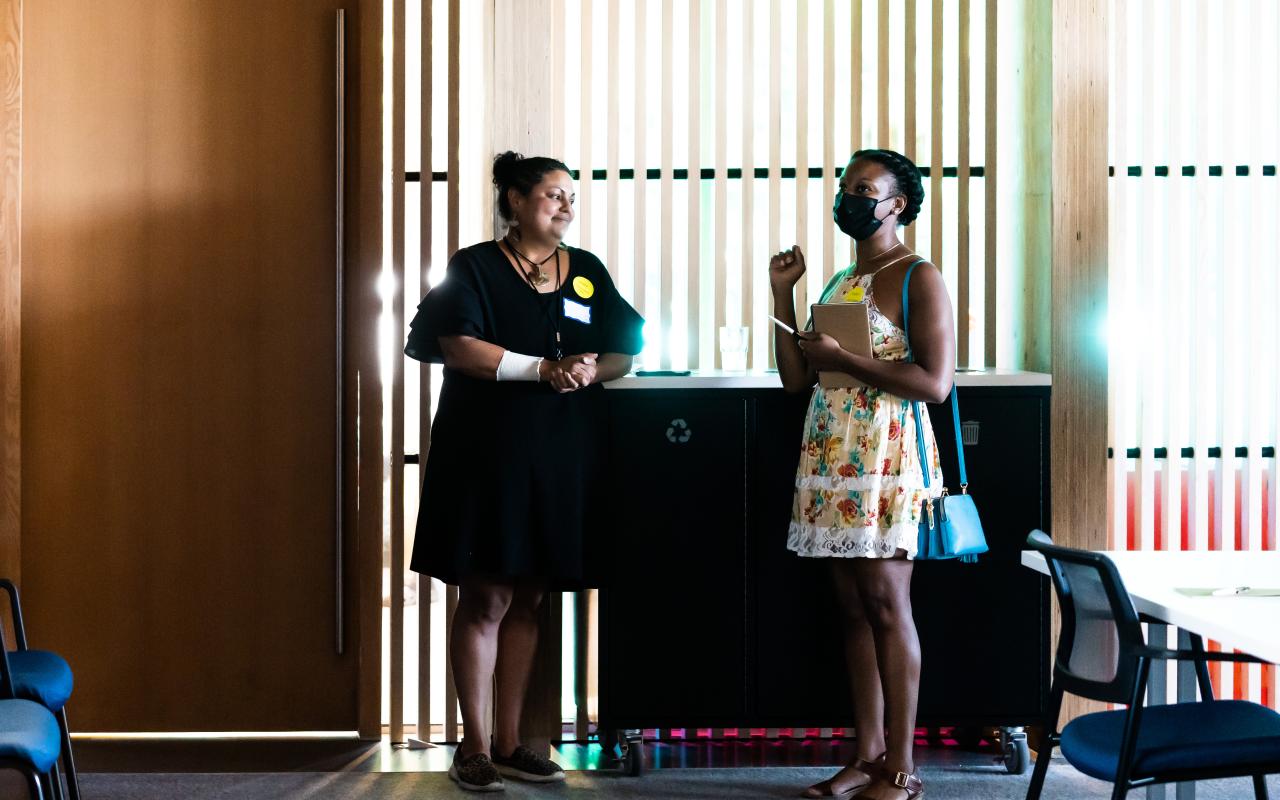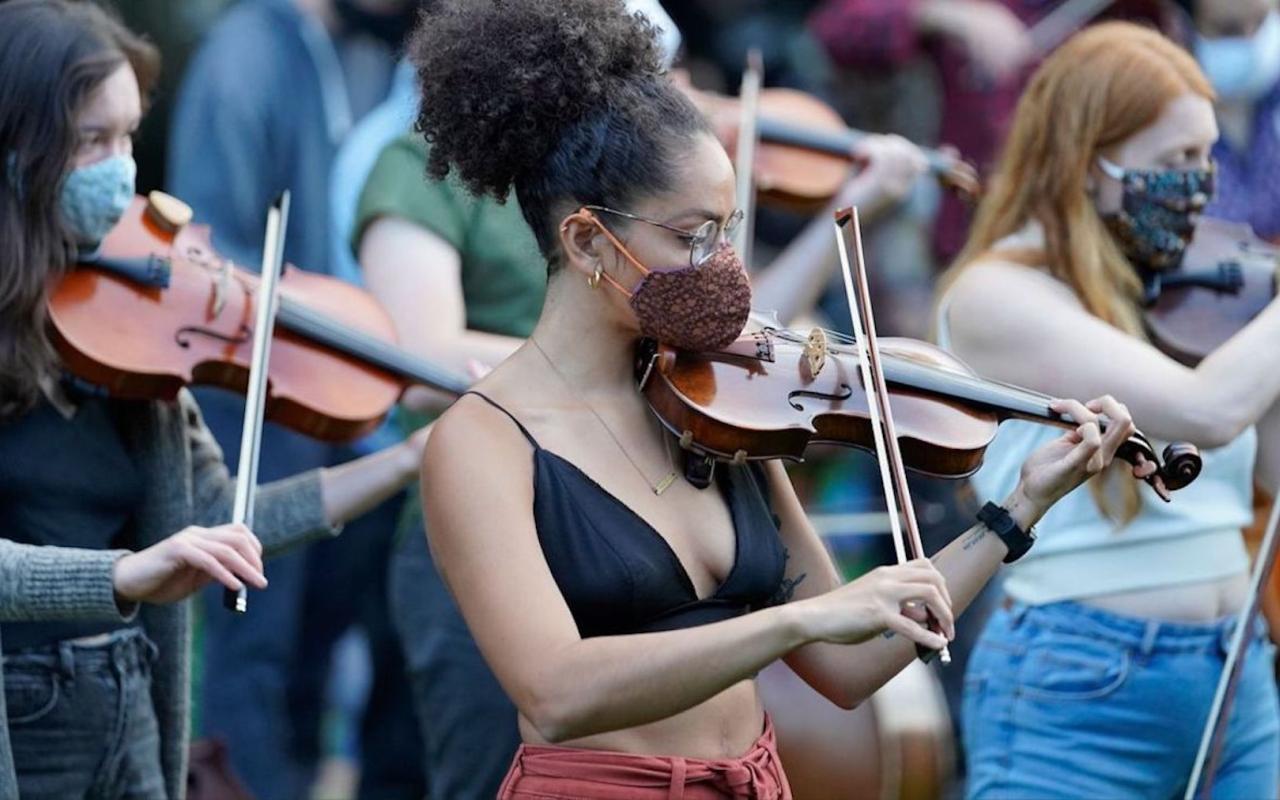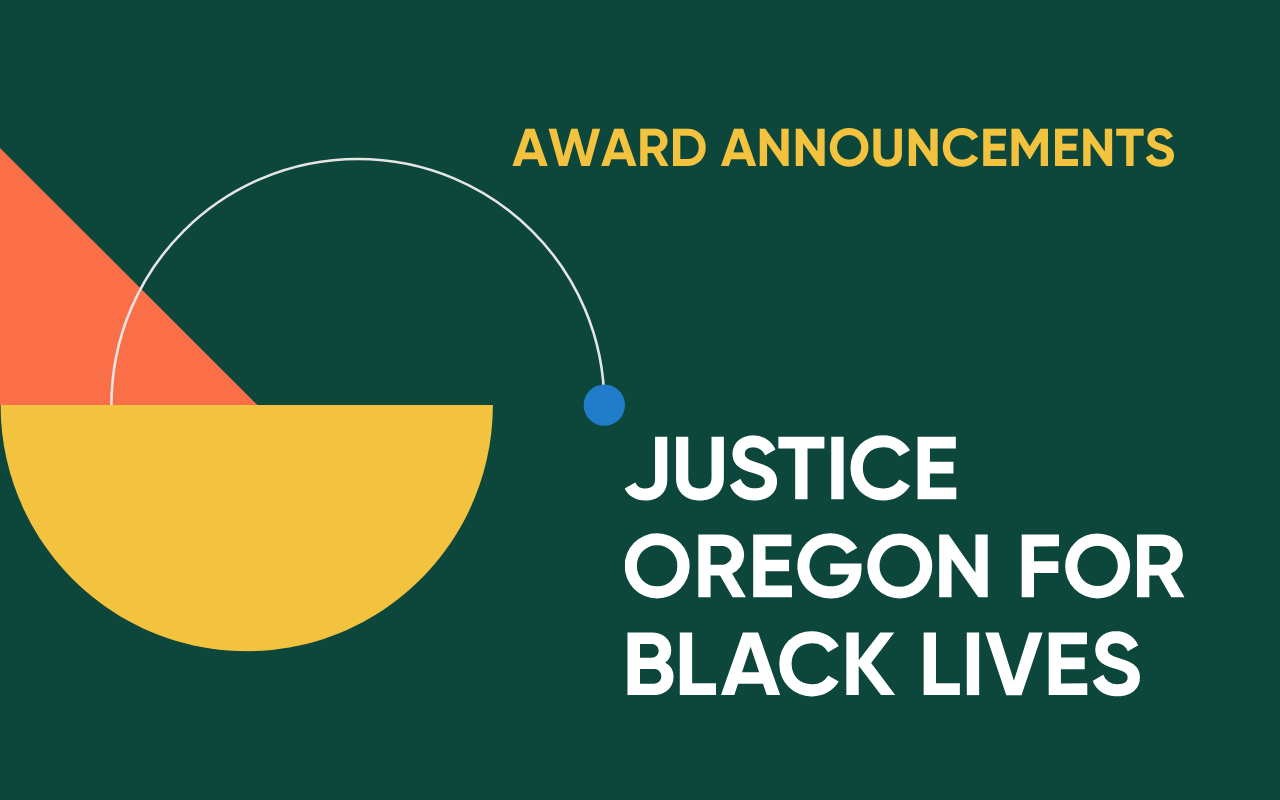Building Wealth, Breaking Barriers
When my father wanted to drop some financial wisdom on me, he didn’t sit me down for a lecture, he told stories. His favorite? The one about how he and my mother arrived in Los Estados Unidos with just $100 in their pockets and a determination to build a better life.
Growing up on a small ranch in rural Mexico, he experienced poverty from a very early age. By 25, with few opportunities and even fewer resources, he made the decision to leave. With my mother by his side and nothing but grit, hope and — as the story goes — a single $100 bill, they crossed the border in search of something more. To drive the lesson home, he’d sometimes pull out a crisp $100 bill from his secret stash under the mattress (the classic immigrant bank) and wave it like a magic ticket — “This,” he’d say, “is all your mother and I had when we arrived in this country.”
As a kid, I had plenty of questions. Just $100? That wasn’t even enough for a week’s groceries! Even adjusted for inflation, back in 1977, it was roughly $524 — not exactly the start-up capital for the American Dream. And yet, my parents made it work. No guaranteed job, no English, no roadmap — just determination, resourcefulness and a willingness to learn.
Now, as I work with my colleagues at Meyer to advance economic justice, I think a lot about my parents' journey. Financial literacy matters, but it’s not the whole story. Hard work and smart choices weren’t enough to shield my family from systemic barriers — barriers that still exist today, keeping too many people from real economic opportunity. The system wasn’t built for everyone to thrive equally, which is why Meyer’s commitment to systemic change, community-driven solutions and direct family engagement in income stability and wealth-building is more critical than ever.
Economic stability isn’t just about a paycheck — it’s about dignity, opportunity and the ability to build something lasting for future generations. Yet, access to wealth-building tools — homeownership, business opportunities, career pathways — is still inequitable, locked behind networks that have long excluded marginalized communities.
This is where Oregon’s nonprofits play a vital role. Through access to capital, financial education, workforce development and policy advocacy, they equip families with vital resources to break through these barriers and build intergenerational wealth.
Through the 2024 Funding Opportunity, we’ve invested in 41 organizations with awards totaling $5.9 million.
A Comprehensive Approach to Economic Justice
Oregon’s BIPOC population is growing, and with it, the need for programs and support tailored to their cultural contexts. Of the grantees within the open funding opportunity in Our Collective Prosperity portfolio, 93% serve BIPOC communities and 73% are culturally responsive.
We know that offering job training helps workers access jobs with high wages and essential benefits. But when it comes to addressing barriers to entry, simply providing career education is not enough. Supporting partners engaged in legal defense and advocacy work aimed at protecting employees from unsafe and unjust work environments is equally important.
The Filipino Bayanihan Center is set to launch a pilot project aimed at providing outreach, advocacy, and legal assistance for individuals employed in the caregiving sector ($100,000). Additionally, the Clear Clinic, in collaboration with the Northwest Workers Justice Project and the National Immigration Project, will expand its Deferred Action for Labor Enforcement (DALE) program ($200,000).
Our grantees are also helping aspiring business owners navigate the barriers to financial success, whether by providing hands-on business development support, access to loans and grants, assistance with navigating government procurement processes and advocacy efforts aimed at securing more resources for BIPOC business owners.
The Oregon Public Health Institute is set to expand its "Right from the Start" (RFTS) Black Childcare Business Accelerator program ($120,000) while Community LendingWorks will maintain its micro-lending opportunities for small businesses in rural Oregon ($150,000).
To build long-term financial stability, we must engage the entire family in multigenerational asset-building. Many grantees under this umbrella equip communities of color with opportunities including workforce development, microbusiness opportunities and supplementary services like individual development savings accounts (IDAs), direct cash programs, and leadership development.
Coalición Fortaleza will expand its economic opportunity programs to ensure that Latine survivors of the Almeda Fire in the Rogue Valley have access to housing, job opportunities, and income stability ($300,000/ 2 yr). Additionally, Outside In will pilot a basic income program for homeless BIPOC youth ($150,000).
Stable and affordable housing is a cornerstone of financial security. That’s why we’re investing in organizations that partner with tenants, renters and homeowners to strengthen community organizing and advocacy efforts. These initiatives range from tenant rights and fair housing protections to technical assistance for culturally specific housing providers.
The Community Alliance of Tenants will continue to educate, organize, and develop the leadership of low-income and BIPOC tenants ($250,000/ 2 yr). Their efforts support policy initiatives aimed at controlling rental housing costs, increasing the emergency rent assistance safety net, eliminating no-cause evictions, funding legal support and training tenants to assert their rights.
Homeownership is another critical avenue for wealth-building, but too many families — especially BIPOC families — have been historically excluded due to discriminatory policies and unjust urban development practices. Our funding prioritizes organizations that provide people with options, such as traditional home buying models or land trusts, that can create opportunities for long-term wealth building.
Building Prosperity, Together
The impact of Our Collective Prosperity’s grantees extends beyond individual programs — it’s about fostering collaboration across sectors to create systemic change. We’ve learned that many of our grantee partners already incorporate this work into their overall direct services or special projects. By supporting a network of organizations that share knowledge, advocate for policy change and uplift community-led solutions, we’re helping build an Oregon where economic justice is not just a goal, but a reality.
As we move forward at Meyer, we remain committed to working alongside our grantees, partners and communities to dismantle barriers, advance economic justice and build a future where all Oregonians can thrive.
Congratulations to each of this year’s Our Collective Prosperity grantee partners!
— Maribel
Our Collective Prosperity Grantees
2024 Funding Opportunity applicants submitted proposals under one of the following portfolio goals. Here are the awarded organizations organized by those goals.
Goal 1: Close the Racial Wealth Gap
Black American Chamber of Commerce
Black Business Association of Oregon
Clear Clinic ( Collaborative)
Community LendingWorks
Constructing Hope Pre-Apprenticeship Program
Evolve Workforce & Multifamily Housing Services
Filipino Bayanihan Center
Habitat for Humanity of Oregon
Hispanic Metropolitan Chamber
Latino Founders
Leaders Become Legends
Metropolitan Family Service
MicroEnterprise Resources, Initiatives & Training
National Association of Minority Contractors-Oregon
Living Cully (Collaborative)
Northeast Oregon Economic Development District
Northwest Native Chamber
Oregon Tradeswomen, Inc
Street Roots
The Philippine American Chamber of Commerce of Oregon
VertueLab
Voz Workers' Rights Education Project
Goal 2: Support Thriving Families
African Youth & Community Organization
Bradley Angle
Coalición Fortaleza
Community & Shelter Assistance Corporation
Consejo Hispano
FinAbility
Latino Community Association
Oregon Public Health Institute
Outside In
REACH Inc
Rural Development Initiatives
Unidos Bridging Community
Goal 3: Promote Housing Justice and Pathways to Homeownership
Community Alliance of Tenants
Fair Housing Council of Oregon
Housing Development Center
Portland Community Reinvestment Initiatives
Proud Ground
Sisters of the Road
Williams & Russell CDC
